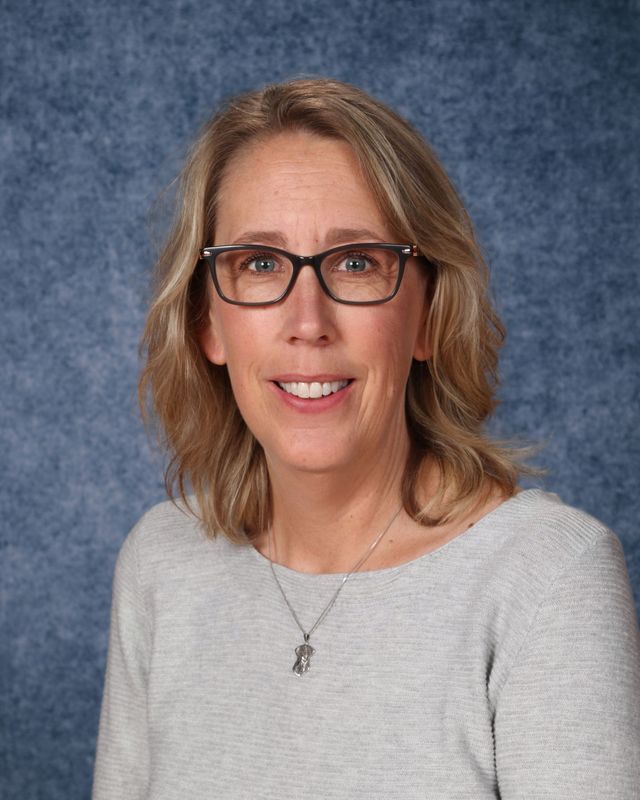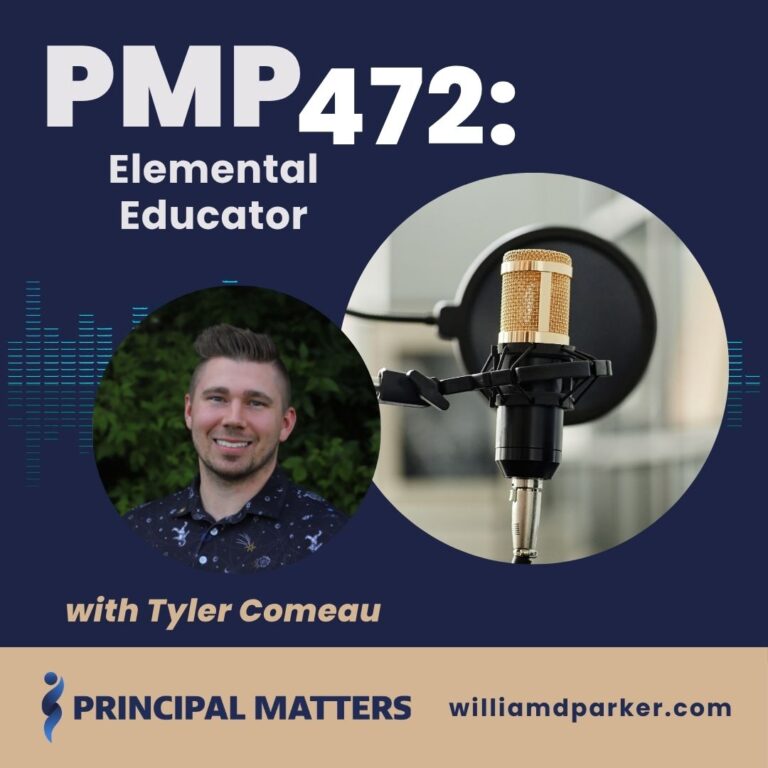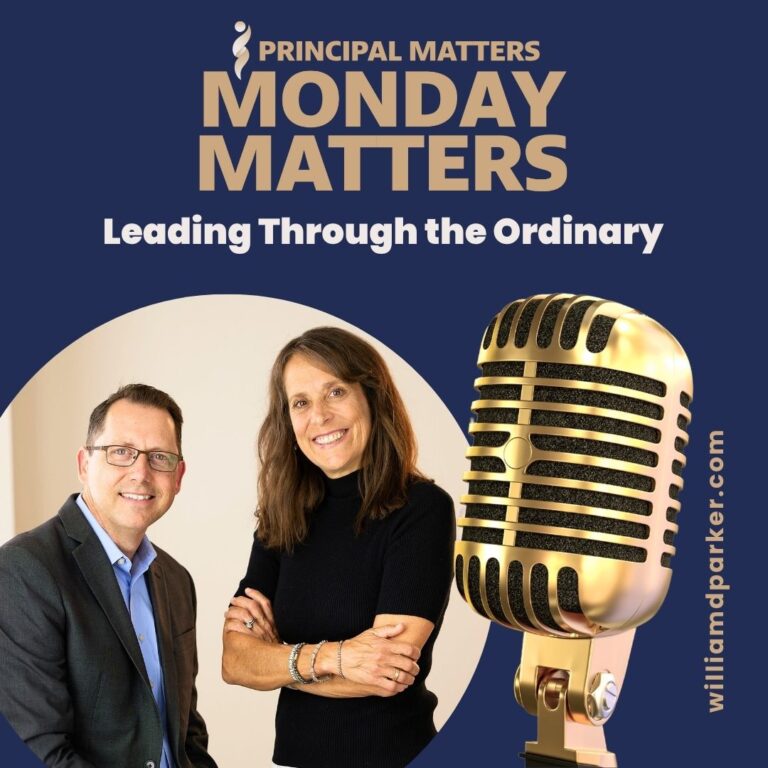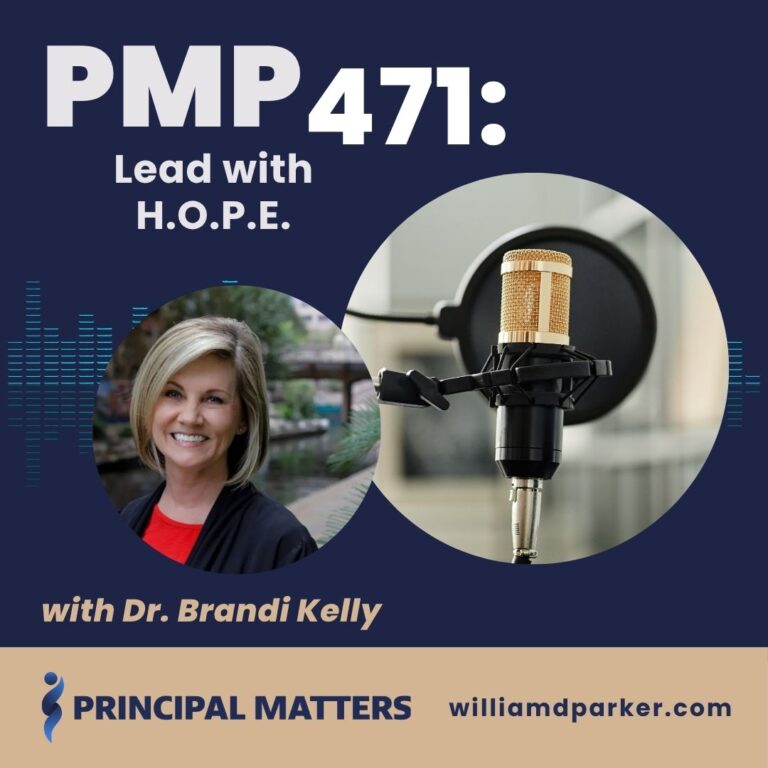Podcast: Play in new window | Download
This week Jen Schwanke turns the tables on Will Parker to place him in the hot seat as an example of reflective coaching. A few weeks ago, in episode 355, Will placed Jen in the hot seat of a conversation using questions from The Coaching Habit, by Michael Bungay Stanier.
Now, it’s Jen’s turn to ask Will the Bungay’s coaching questions:
- The Kickstart Question: What’s on your mind?
- The Awe Question: And what else?
- The Focus Question: What’s the real challenge here for you?
- The Foundation Question: What do you want?
- The Lazy Question: How can I help?
- The Strategic Question: If you’re saying yes to this, what are you saying no to?
- The Learning Question: What was most useful to you?
Here are some of Will’s responses:
- Will has been struggling with running a new business, especially in the area of technology support. Specifically, he has a website update where the podcast RSS feed needs to be transferred to a new website host that uses a different feed. The risk is: if the transition is not done correctly, setting up a new feed could result in losing subscribers to various podcast apps that have relied on the old feed for the past 5 years.
- Jen asks Will, ‘What do you want?” This question prompts him to reflect on the purpose of his work: supporting and equipping education leaders with content, resources and reflection on their own work. He wants to make sure that any solution keeps this priority front and center.
- When asked what he is willing to say ‘no’ to in order to say ‘yes’ to finding a solution, Will admits he has only relied on one other person for technical support, and he needs to reach out for targeted support. This won’t happen unless he schedules time in his schedule for these solutions just as he schedules time for other tasks. In fact, one area he may need to say ‘no’ to for a while is more podcast recordings as he already has recordings banked through the end of the year.
- When asked, “What has been the most helpful for you?” Will admits the concentrated reflection time helped him have an ‘aha’ moment – he must prioritize time to work on the solution by reaching out for more help, scheduling time for addressing the problem, and realizing that time invested now results in better outcomes and results later.
What are the benefits of reflective sessions like this for leaders? Often we don’t have time or opportunity for someone to help us focus or reflect on the challenges we are facing with guided questions. How may reflecting help you better focus on solutions in your own work?
If you’d like an opportunity to reflect with Jen or Will, or if you have ongoing questions in your practice as an education leader, please reach out at will@williamdparker.com. Thank you again for doing what matters!
Principal Parry’s Pithy Proverbs

Lisa Parry is a K-12 Principal in Arlington, South Dakota, and a professional development speaker and consultant. As a Principal Matters Associate, she also regularly contributes to our newsletter subscribers. You can follow her work at: principalparry.com. Enjoy this thoughtful post from Lisa:
7 Reasons to Stop Forcing Apologies
These coerced, hollow statements often:
1️⃣ ignore the root issues behind a behavior.
2️⃣ breed resentment & lead to grudges.
3️⃣ result in stunted personal growth.
4️⃣ do little to repair a relationship.
5️⃣ dismiss context & perspective.
6️⃣ reek of insincerity.
7️⃣ lead to escalation.
Instead of making apologizing an obligation, frame it as an invitation.
Something to be done
in one’s own time
& on one’s own terms.
Because if it is anything other, what is the point?
The only answers: control & shame.
And if our goal is to help another grow, this practice is, at best, ineffective…and at worst, destructive.




